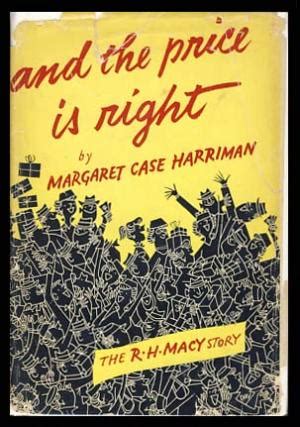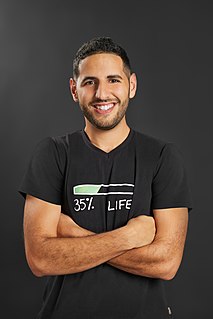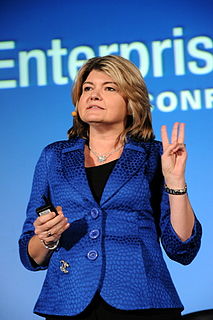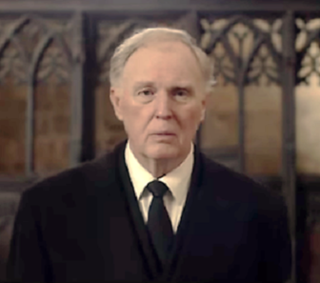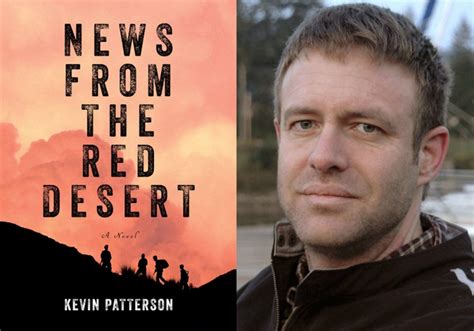A Quote by Margaret Case Harriman
[On social change:] What I say is that if one country is annexed by another, its nationality is not changed overnight. Social processes are often very, very slow.
Quote Topics
Related Quotes
Films can't change the society, they can simply open the space for the discussion which can lead to social change and can start new forms of social activism. I feel formally that I've scratched the surface of something very important about the nature of nonfiction film, about what we're very rarely honest about: When you film anybody, they start performing.
Music is pretty intimate stuff and I can only work with very few people: Gonzalez being one, Mocky being another and, on a completely different level, Broken Social Scene. With Broken Social Scene it's not one-on-one, it's a one-on-12. It's very healthy, very comfortable, like a big pot luck supper among old friends.
Music is pretty intimate stuff and I can only work with very few people: Gonzalez being one, Mocky being another and, on a completely different level, Broken Social Scene. With Broken Social Scene its not one-on-one, its a one-on-12. Its very healthy, very comfortable, like a big pot luck supper among old friends.
There must be no division by class hatred, whether this hatred be that of creed against creed, nationality against nationality, section against section, or men of one social or industrial condition against men of another social and industrial condition. We must ever judge each individual on his own conduct and merits, and not on his membership in any class, whether that class be based on theological, social, or industrial considerations.
I see social media mainly just talked about as if it has just changed us technologically and in terms of data. I think it has changed absolutely everything. It has changed truth, it has changed culture. It has certainly changed the way that we relate to each other and in a very short amount of time.
I've worked in the Inuit hamlets of the west coast of Hudson Bay since 1994. Over that time I've been very moved by both the pace of social change there - the loss of traditional ways of seeing the world, the affinity for and comfort with the land - and by the social disarray that change of this pace produces.
